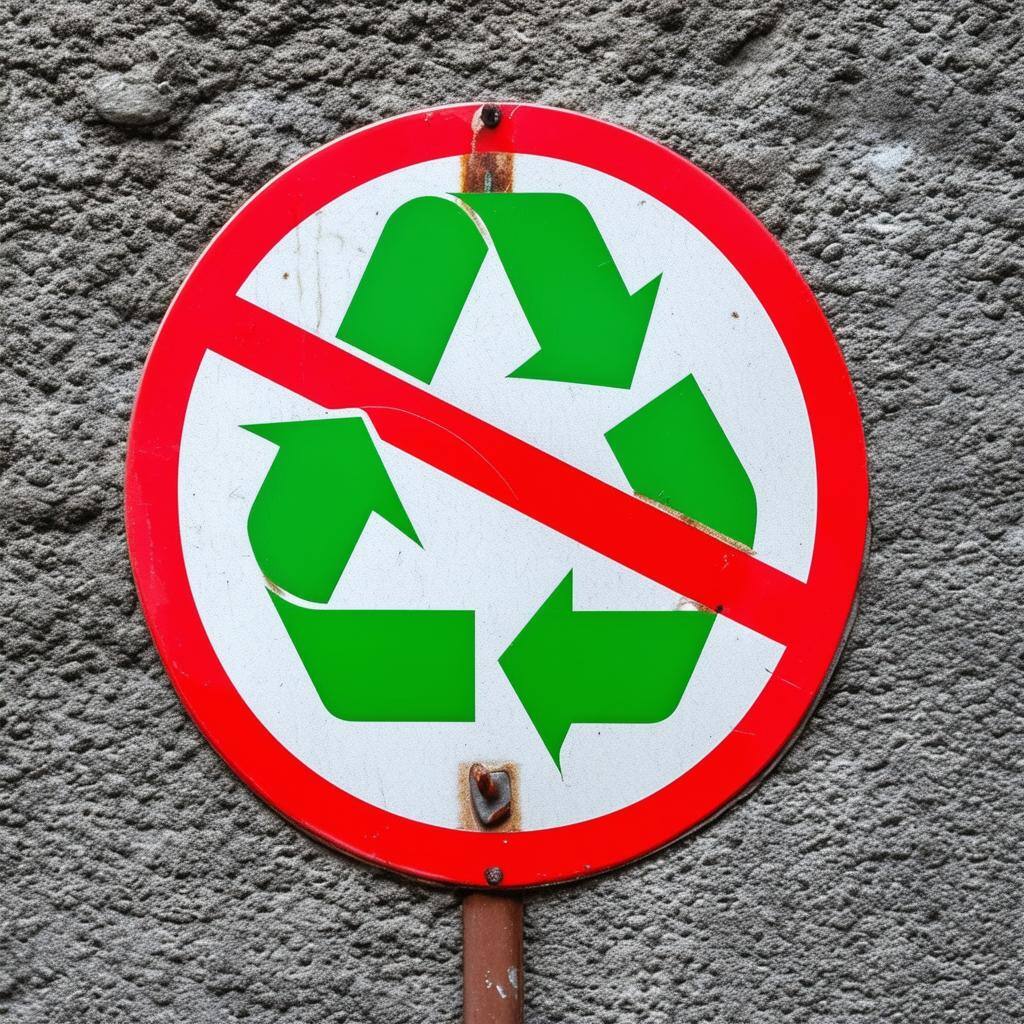As businesses strive to go green, the environmental cost of upgrading payment terminals presents a significant challenge, from non-recyclable receipt paper to the high impact of manufacturing new devices.
The Hidden Environmental Impact of Regularly Upgrading Payment Terminals
Regularly upgrading payment terminals comes with a significant environmental cost. Each terminal is composed of various materials, including metals, plastics, and ceramics. The production and disposal of these materials contribute to environmental pollution and the depletion of natural resources.
The process of upgrading often involves not just the terminal itself but also additional components like new cables and adapters, all of which add to the overall environmental footprint.

Why Most Receipt Paper Can't Be Recycled
Despite appearing to be paper, most receipt paper is non-recyclable due to its waxy coating and the use of thermal paper. Thermal paper contains chemicals such as Bisphenol A (BPA) or its alternatives, which are not easily broken down and can be harmful to the environment.
This means that the vast majority of receipt paper ends up in landfills, contributing to waste and pollution.

The Complexities and Environmental Costs of Technology Upgrades
Upgrading technology is not just a matter of installing new software. It often requires new hardware, which means manufacturing new devices. This involves the extraction and processing of numerous metals and other materials, each with its own environmental impact.
For instance, components like electronic cards, integrated circuits, screens, and batteries have significant production impacts, contributing to pollution and resource depletion.
The Impact of Creating, Using and Disposing of Terminals on the Planet
The creation, use, and disposal of payment terminals have a multifaceted environmental impact. The production process involves mining and processing metals, which can lead to habitat destruction and pollution.
At the end of their life cycle, terminals become electronic waste (WEEE). It is estimated that only 17% of WEEE is properly recycled, with the remaining 83% often ending up in landfills or being improperly disposed of, leading to further environmental harm.

Tap to Pay and SoftPOS: The Eco-Friendly Payment Solutions
Tap to Pay and SoftPOS (software Point of Sale) solutions represent more environmentally friendly alternatives to traditional payment terminals. These methods reduce the need for physical hardware, thereby decreasing the demand for the materials required to produce terminals.
By leveraging existing smartphones, these solutions eliminate the environmental costs associated with manufacturing new devices, making them a greener choice for businesses looking to reduce their carbon footprint.
The Future of Payment Technology and Environmental Responsibility
As we move towards a more digital economy, there is a growing need for environmentally responsible payment solutions. The future of payment technology lies in reducing reliance on physical hardware and embracing digital methods that have a lower environmental impact.
In the future of payment technology, environmental responsibility will play a crucial role, as cashless transactions currently generate 3.8g of CO2e per transaction, with 75% of that impact attributed to payment terminals. Tap to pay (SoftPOS) solutions like Nexxtap, which eliminate the need for hardware, could significantly reduce this environmental footprint. By shifting towards these terminal-free solutions, the payment industry can align more closely with sustainability goals and reduce its carbon emissions.
Why Businesses Should Adopt a SoftPOS Solution
Businesses should consider adopting SoftPOS solutions to minimise their environmental impact. These solutions not only reduce the need for physical terminals but also offer greater flexibility and convenience, such as digital receipts for customers, and reduced operational costs.
By going digital, businesses can cut down on electronic waste and contribute to a more sustainable future, aligning with growing consumer expectations for environmentally responsible practices.
For Further Information Check Out